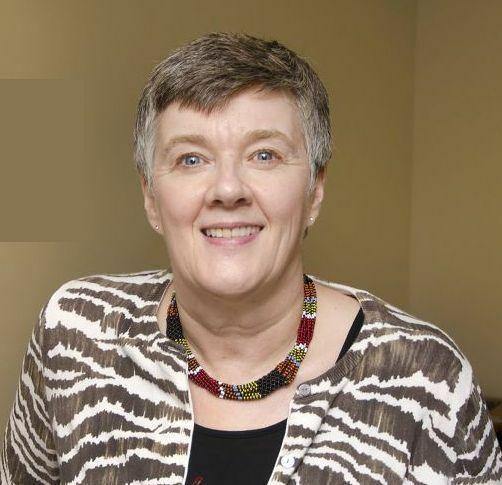Dr. Christina Wolfson
Professor

Dr. Christina Wolfson is a Professor in the departments of Epidemiology, Biostatistics & Occupational Health, and Medicine, at McGill University, and a senior scientist in the Brain Repair and Integrative Neuroscience Program at the Research Institute of the McGill University Health Centre. She is trained as a biostatistician and epidemiologist. Her program of research lies in the epidemiology of neurodegenerative disorders and she has conducted research in dementia, multiple sclerosis, amyotrophic lateral sclerosis, epilepsy and Parkinson’s disease. She maintains a methodological and statistical research program, the goals of which are to improve both the design and analysis of observational studies, particularly in population neuroscience. As one of the three principal investigators on the Canadian Longitudinal Study on Aging (CLSA), a 20-year study of aging that includes more than 50,000 participants form across Canada, she leads the Neurological Conditions Initiative and the Veterans Health Initiative. She is also the director of the CLSA Data Curation Centre.
Dr. Wolfson has served on both national and international advisory and research review committees including the Medical Advisory Committee of the Multiple Sclerosis Society of Canada, the Neurological Disease Surveillance Advisory Committee of the Public Health Agency of Canada, and five Committees of the U. S. National Academy of Sciences, Engineering and Medicine charged with the examination of various aspects of the neurological health of Veterans. She is currently the chair of the International Steering Committee for the EnvIMS (Environmental Risk Factors for Multiple Sclerosis) study, a case control study of MS risk factors carried out in Canada, Italy, Norway, Sweden and Serbia.
In addition, Dr. Wolfson is the program director for the endMS National Training Program. At the university level, Dr. Wolfson is the McGill University Research Integrity Officer. She supervises undergraduate students, graduate students and clinical fellows in the departments of Epidemiology, Biostatistics and Occupational Health, Neurology and Neurosurgery, and Mathematics and Statistics at McGill University.
Learn more about Dr. Wolfson
What is the focus of your research? How did you become interested in MS research?
I am a neuroepidemiologist and I focus on population health research. I became interested in MS research as a PhD student when I took a course in which we were asked to choose a disease and research its epidemiology and prepare a report. When I started looking into the geographic distribution of multiple sclerosis I was intrigued and curious to try and understand what might cause this unusual distribution around the world. As part of this course I also noted the significant variability in the disease course post onset and completed my PhD thesis, which was based on the development of a probabilistic model to describe the natural history of MS. Through this model it was also possible to examine the impact of several factors on the trajectory of the disease at different time points.
What inspires you to continue advancing research in this field?
I am inspired not only by the strength and insight of individuals living with MS but also the many wonderful trainees who are choosing to devote their careers to MS research. As a scientist I continue to be driven by the many unanswered questions in our quest to end MS.
How do you hope to change the lives of people living with MS through your research?
As a population health researcher, I am concerned with how MS manifests in the population. Who is at risk? How do environmental factors influence the occurrence of disease and are there specific ages when individuals are most vulnerable to the impact of risk factors on the development of MS? Looking into environmental risk factors in the population can provide clues to the etiology of the disease and consequently how the disease might be prevented.
What do you enjoy most about your research? What are some of the challenges you face?
I most enjoy my interaction with trainees who are always so passionate about their work. I have been fortunate to have been able to highlight and support the careers of many trainees through my contributions to the endMS Training Program and it is a delight to see the trainees transition from student to researcher and then to mentors themselves. In my own research program, I enjoy the opportunity to delve deeper into the differences in the frequency of MS in different countries and the chance to examine these differences in relation to risk factor profiles. It is wonderful to work with MS researchers around the world. Conducting research with colleagues across the spectrum of research from population health to basic science is extremely rewarding as we learn from one another. I face the same challenges as many academic researchers, work-life balance. When one is passionate about research, about teaching and about training it can be difficult to ensure that one’s time is properly balanced with a healthy lifestyle.
How important is the support from the MS Society of Canada in your research?
The endMS Training Program would not exist without the sustained funding from the MS Society of Canada. Through the program, hundreds of trainees have been benefitted and are now giving back to the Program through their enthusiasm and through continuing to move MS research ahead. The future of MS research is in good hands.